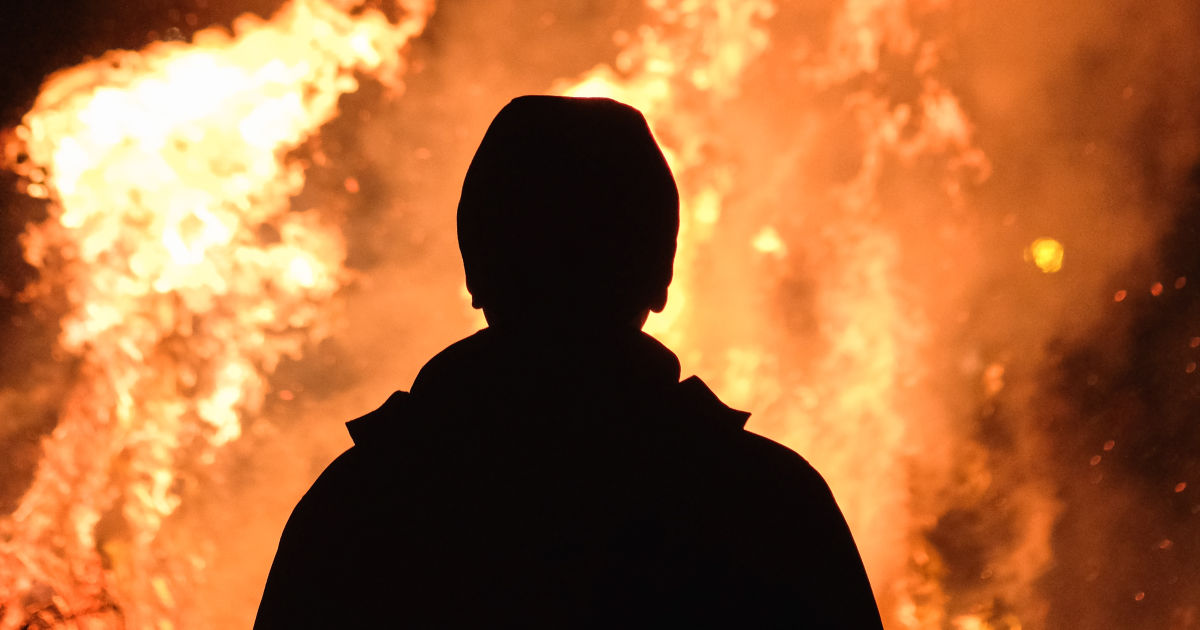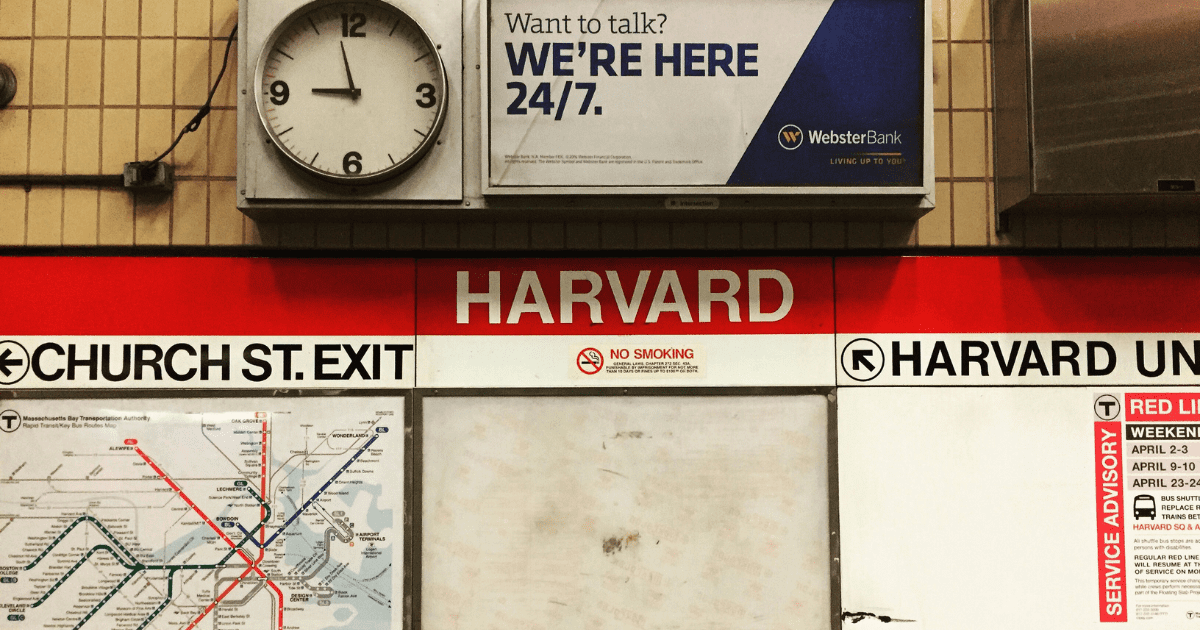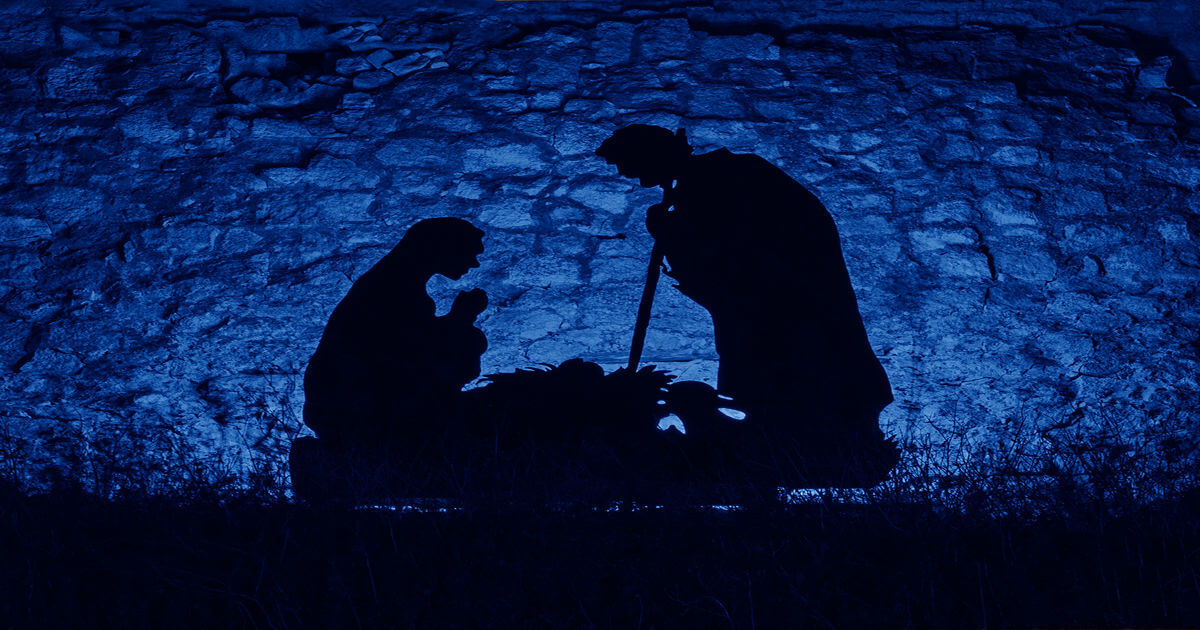By Elise DeYoung
Currently, the World Economic Forum (WEF) is in session in Davos, Switzerland. WEF is an organization founded by Klaus Schwab in 1971 that “engages the foremost political, business, cultural and other leaders of society to shape global, regional and industry agendas.” 1
In other words, WEF annually hosts the world’s elite businessmen, academics, and prominent politicians to decide how to run your life. They discuss what they deem the global crisis of our day and propose solutions to one another until they decide what direction they would like the course of history to take.
If you are interested in learning more about the history of the World Economic Forum, Ben Shapiro outlines it in his series, Facts.
Misinformation: The Global Threat
This year, WEF has determined that the number one threat to global security is “misinformation and disinformation.” 2
That’s right; the greatest threat to the world is not the rise of an aggressive China and a looming World War, economic instability, or even climate change—which is their favorite global crisis. The greatest threat to the world is you: your thoughts and your words, and when your thoughts and words disagree with them.
This is dangerous on many levels, the first being that the terms “misinformation” and “disinformation” are extremely vague and illusive. Without a clear definition, the Leftist elites at Davos have the power to classify any information they dislike as a threat to the global order.
However, despite their lack of definitions, the elites have made it clear exactly what information they are waging their war against.
Covid Misinformation
Perhaps the most outrageous example of information that was deemed more dangerous than nuclear war was information that claimed that the Covid-19 measures taken by our world leaders were harmful, not helpful. During the pandemic, voices that contradicted the propaganda of the elites were publicly scorned and instantly banned from the public square.
In 2020, The Verge published an article that detailed this phenomenon on Facebook. “Facebook has had to take more active measures to combat the fast-moving spread of misinformation and conspiracy theories in the months since, including banning anti-mask groups and placing anti-misinformation messages into the News Feeds of users who may have engaged with fake coronavirus stories.” 3 Recall that many theories once labeled ‘conspiracies,’ and as such were shadow-banned, shamed, and demonetized, are now officially documented as ‘fact;’ the most obvious example being the “Lab-Leak Theory.”
Does anyone remember the infamous “Twitter Files” story? Let’s not forget that the warnings about the elusive, so-called ‘misinformation’ police are increasingly becoming an actual bi-partisan issue! Matt Taibbi, who originally broke the “Twitter Files” story and was grilled before Congress for doing so, is not conservative.
Climate Misinformation
Another recent example is “climate misinformation.” What is so-called climate misinformation? It is any information that promotes the idea that wind and solar will fail to power the world and that the world is not doomed to end within the next ten years.
The Center for Countering Digital Hate (CCDH)4 reported that “climate misinformation” has become increasingly common on YouTube, and as a result, they sounded the alarms of misinformation and disinformation.
When asked about this report, a YouTube spokesperson told CNN that “debate or discussions of climate change topics, including around public policy or research, is allowed.” However, “when content crosses the line to climate change denial, we stop showing ads on those videos. We also display information panels under relevant videos to provide additional information on climate change and context from third parties.” 5
January 6th Misinformation
Additionally, if you claim that January 6th was anything other than the most dangerous insurrection in our nation’s history, you are spreading misinformation and are, therefore, as the elites claim, a threat to the world.
To be clear, not everything that occurred on January 6 is defensible. For one, it is a crime to just walk into the Capitol, or any government building, without permission, and this isn’t an offense to be taken lightly. Moreover, some people on January 6 did respond with violence or aggression, warranting a criminal response. All that to say, not all is excused or pardonable, and my words shouldn’t be misconstrued to be a blanket statement of approval. However, there is still concern over the issue of policeable misinformation.
The Washington Post reported that 3 in 10 Republicans believe that January 6 was instigated by the FBI rather than by President Trump. What is the conclusion that the Post drew from this statistic? “These results confirm that misinformation about January 6 is widespread in the United States.” 6
Biden Misinformation
Hunter Biden’s laptop, which exposed Hunter for his drug, sex, and firearm crimes and compromised the entire Biden family by detailing their corrupt business dealings, was aggressively classified as misinformation by the elites since before the 2020 elections. But just yesterday, the Department of Justice confirmed that the content of the Hunter Biden laptop is, in fact, real information.7 Yet, the list goes on.
Part of the issue is that there is no clear definition of misinformation and disinformation. Moreover, in my opinion, modern, popular (New Left), militant, fascist Liberalism has no possession of meaning for what is labeled ‘conspiracy.’ Although we have a technical definition, there is no epistemic or qualifying justification for what constitutes ‘conspiracy.’
While there is no clear definition of misinformation and disinformation, it is abundantly clear which views the elites at Davos have decided are global threats. When they find an opinion, fact, or belief that contradicts their narrative, they mock, scorn, and will continue to ban both the information and the one who shared it to protect their utopian goals for the globe.
This isn’t a warning for the future. It is and has already been happening.

Elise DeYoung is a Public Relations and Communications Associate and a Classical Conversations graduate. With CC, she strives to know God and make Him known in all aspects of her life. She is a servant of Christ, an avid reader, and a professional nap-taker. As she continues her journey toward the Celestial City, she is determined to gain wisdom and understanding wherever it can be found. Soli Deo gloria!
- “Our Mission.” World Economic Forum. Retrieved January 18, 2024, from https://www.weforum.org/about/world-economic-forum/ ↩︎
- “Global Risks Report 2024: The risks are growing—But so is our capacity to respond.” World Economic Forum. Retrieved January 18, 2024, from https://www.weforum.org/agenda/2024/01/global-risk-report-2024-risks-are-growing-but-theres-hope/ ↩︎
- Statt, N., “Facebook will now show a warning before you share articles about COVID-19.” The Verge, August 12, 2020. Retrieved January 18, 2024, from https://www.theverge.com/2020/8/12/21365305/facebook-covid-19-warning-notification-post-misinformation ↩︎
- Center for Countering Digital Hate. Retrieved January 19, 2024, from https://counterhate.com/ ↩︎
- Ramirez, R., “What is ‘new denial?’ An alarming wave of climate misinformation is spreading on YouTube, watchdog says.” CNN. Retrieved January 18, 2024, from https://www.cnn.com/2024/01/16/climate/climate-denial-misinformation-youtube/index.html ↩︎
- Jackman, T., Clement, S., Guskin, E., & Hsu, S. S. “A quarter of Americans believe FBI instigated Jan. 6, Post-UMD poll finds.” The Washington Post. Retrieved January 18, 2024, from https://www.washingtonpost.com/dc-md-va/2024/01/04/fbi-conspiracy-jan-6-attack-misinformation/ ↩︎
- Kruta, V., “DOJ Confirms: Hunter Biden Laptop Was Real This Whole Time.” The Daily Wire. Retrieved January 18, 2024, from https://www.dailywire.com/news/doj-confirms-hunter-biden-laptop-was-real-this-whole-time ↩︎
















